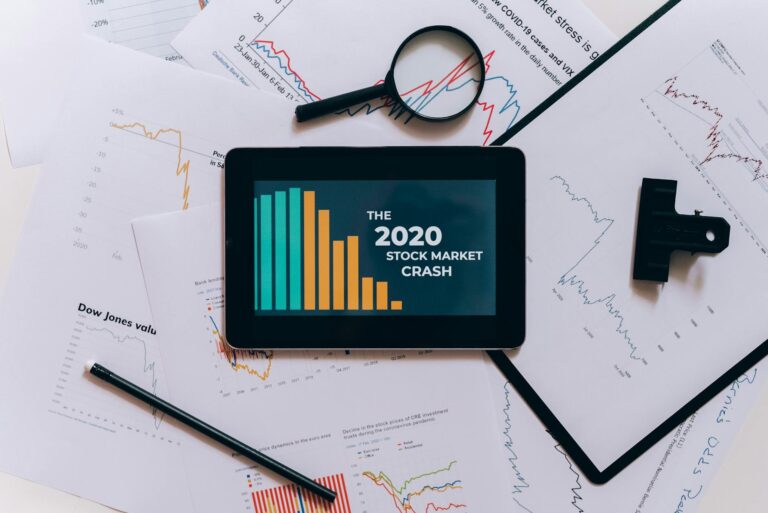The history of dementia spans thousands of years, with early civilizations recognizing its effects on cognitive function. Over time, our understanding of dementia has evolved significantly, from ancient observations to modern research.
### Ancient Times
In ancient civilizations, such as Greece and Rome, there were descriptions of conditions that resemble what we now know as dementia. For example, the Greek physician Hippocrates (460-370 BCE) noted symptoms of cognitive decline in older individuals. However, these early observations were not well understood and were often attributed to supernatural forces or aging.
### Middle Ages to 19th Century
During the Middle Ages, dementia was often seen as a sign of demonic possession or a punishment from God. It wasn’t until the 19th century that medical professionals began to study dementia more systematically. The term “dementia” itself was first used in the late 18th century to describe a range of cognitive impairments.
### Early 20th Century
In the early 20th century, significant advancements were made in understanding dementia. Alois Alzheimer, a German psychiatrist, identified a specific form of dementia now known as Alzheimer’s disease in 1906. His work laid the foundation for modern research into the causes and treatments of dementia.
### Modern Research
Today, dementia research is a vibrant field that includes various forms of dementia, such as Alzheimer’s disease, vascular dementia, and frontotemporal dementia. Modern studies focus on genetics, brain imaging, and potential treatments. Recent findings suggest that lifestyle factors, such as diet and exercise, can influence the risk of developing dementia.
### Current Trends
Despite projections of a rise in dementia cases due to aging populations, recent data suggest that age-adjusted dementia prevalence has actually decreased over the past few decades. This trend is attributed to improvements in public health, better management of chronic diseases, and increased education levels. However, dementia remains a significant global health challenge, particularly in developing countries where incidence rates are rising.
### Future Directions
The future of dementia research involves leveraging technologies like precision medicine, artificial intelligence, and digital health to improve diagnosis and treatment. Ongoing studies aim to identify early biomarkers and develop more effective interventions to prevent or slow the progression of dementia. As our understanding of dementia continues to grow, so does our hope for better management and potential cures.





